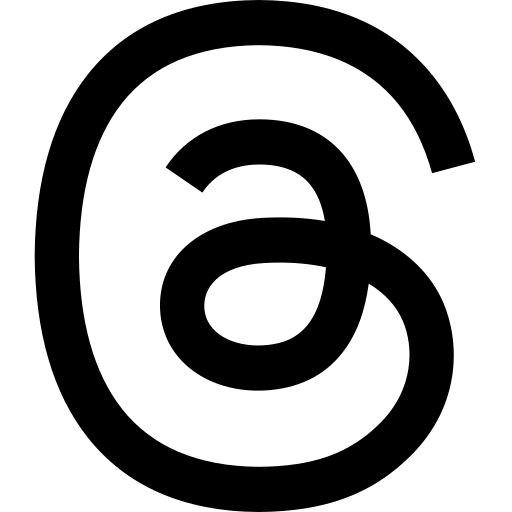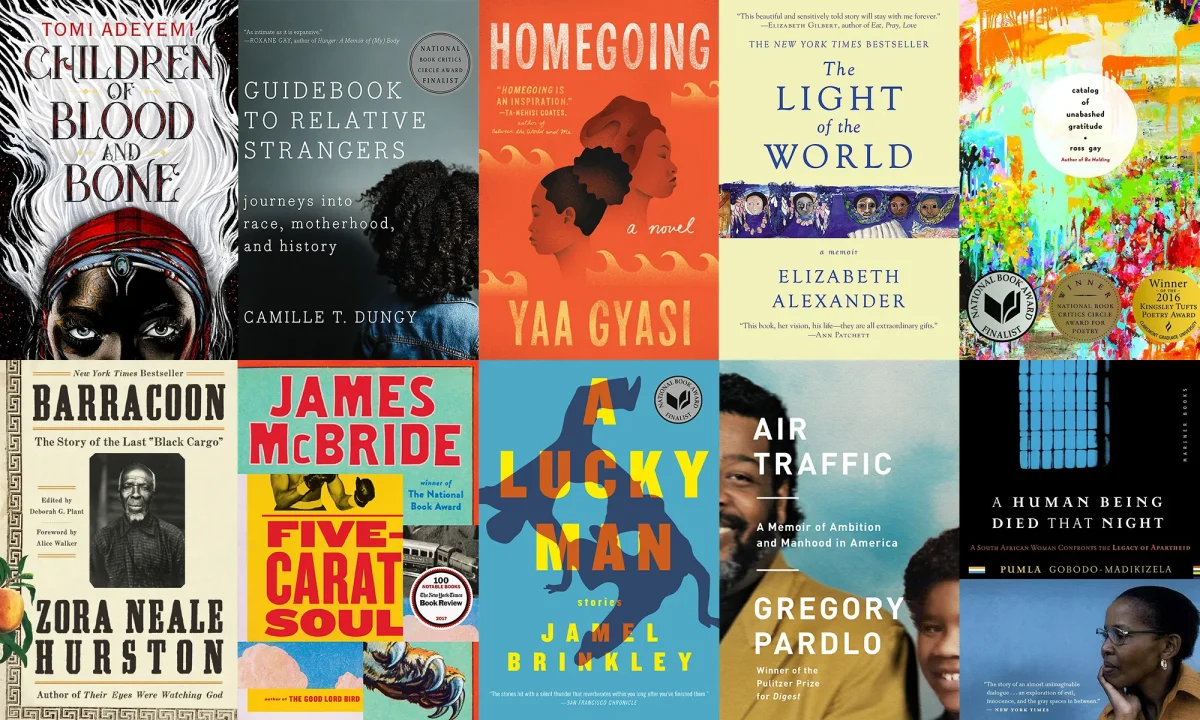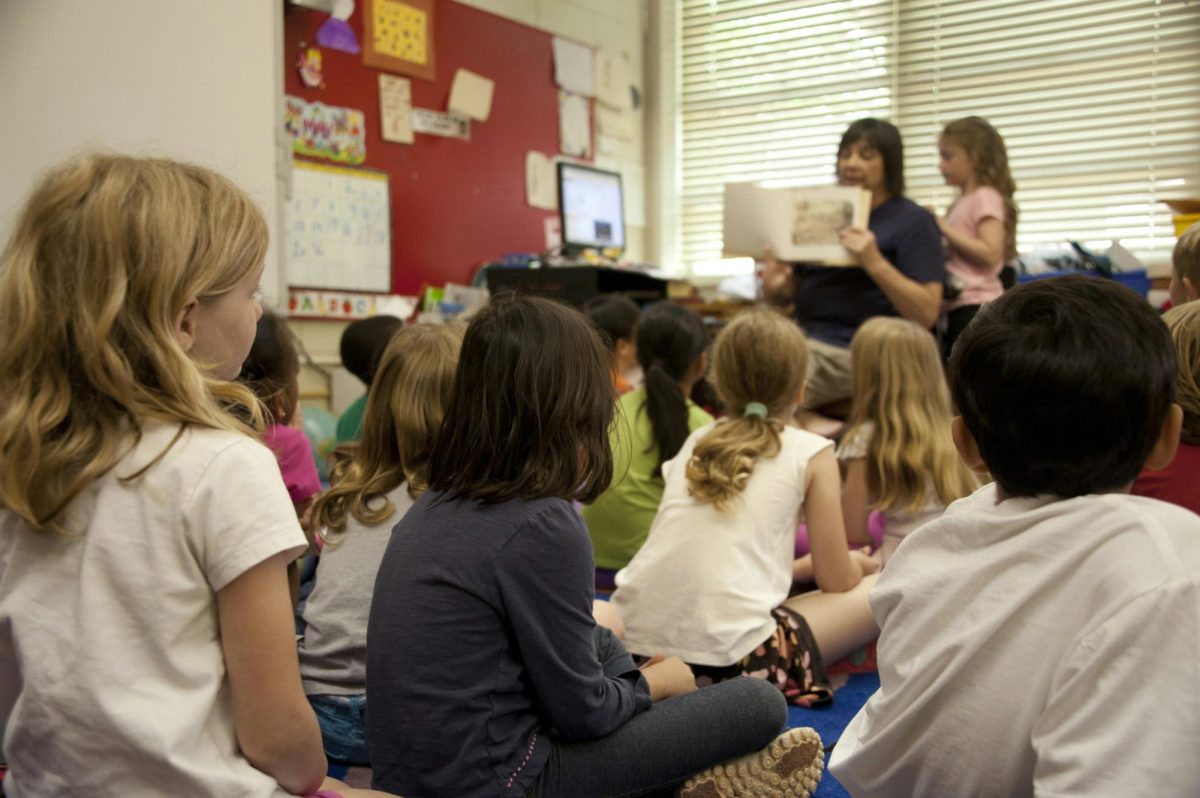(*some of, because this article was getting way too long)
In my four years on the Piper, I’ve written a lot of articles: 27, to be exact. But the list of articles I wanted to write is much longer than the ones I managed to finish. Some of them didn’t get written because I couldn’t figure out how to approach them; some of them would have required too much research; and most of them I simply didn’t have time for. Before I graduate, I wanted to share a selection of these unwritten articles, because I still have lots of thoughts I want to share. Perhaps I’ll encourage someone else to take up the cause!
The case for a seven-period schedule.
 This was going to be my next big project, but I just didn’t have time to delve into it as deeply as I wanted. I did get as far as mentally outlining what this article might look like.
This was going to be my next big project, but I just didn’t have time to delve into it as deeply as I wanted. I did get as far as mentally outlining what this article might look like.
I made two different mockups of what a seven-period schedule might look like (see right). You could do this schedule without making the school day any longer, although this of course comes with the tradeoff of making classes shorter. One change I had to make was combining Highlander Home into a block period so that there’d be an even number of classes on O and E days. I would split HH into two sections so students could do something different in the two parts, like retake a test during HH 1 and then go to Student Council in HH 2. Something to consider: does this create more problems? How would you keep students from skipping?
 Potential benefits of a seven-period schedule: allowing students to take more electives, which would especially benefit students whose schedules are complicated by programs like Leadership, Orchestra, or AVID; allowing more classes to be run (like Creative Writing or Early Childhood Education, which are listed in the catalog but never actually happen); making it easier to recover for students who fail a class or fall behind; allowing upperclassmen to have a free period with counselor approval.
Potential benefits of a seven-period schedule: allowing students to take more electives, which would especially benefit students whose schedules are complicated by programs like Leadership, Orchestra, or AVID; allowing more classes to be run (like Creative Writing or Early Childhood Education, which are listed in the catalog but never actually happen); making it easier to recover for students who fail a class or fall behind; allowing upperclassmen to have a free period with counselor approval.
Potential drawbacks: either making classes shorter or making the school day longer, both of which have complications that I haven’t started researching; possibly adding more costs; adding to teachers’ workloads; potentially causing some students to take a heavier class load than is ideal; how would this impact students taking classes at Shorewood and/or Running Start students?
Obviously more research and interviews would need to be done into both the benefits and drawbacks, but I tentatively think that a seven-period schedule has the potential to be beneficial. I hear a lot of people talking about how they don’t have room in their schedule to take all the classes they want, and I think this could help. It’s an interesting idea to think about, at least. It’s also something that other districts have started doing – I looked at Lake Washington, Bellevue, and Northshore school districts as examples.
Does Shorecrest have too many clubs?
I honestly think we might. The problem is that there are a decent number of clubs that don’t really happen, and others that are effectively just friend group clubs, and others that seem to be duplicates of each other. My theory is that if we pared down the club list to fewer, more active clubs, it might make it easier for new members to tell which clubs they should join and boost average club membership. The obvious problem here, though, is that we’re not going to just tell someone to shut down their club. Perhaps we could make the new club application process more selective, rather than Student Council just approving everything that comes in front of them.
We need to keep fighting for later start times.
I wrote an article about this two years ago. Then I asked our school board rep to bring it up. Then I talked to the school board about it myself. Most recently, they told me that the district is already busy with three initiatives right now (the budget advisory team, strategic planning, and considering whether we need to close a school) and can’t take on later start times on top of all that. I understand and respect that, but at the same time, it feels like start times are always treated as less important.
I don’t think it would be especially hard to change start times. I think the easiest way would be to simply switch high school and middle school start times, so we would start at 8:30 and middle school would start at 7:50. This avoids concerns about high school ending too much later (impacting sports) or elementary school starting too much earlier (forcing kids to wait for the bus in the dark). It’s just a moderate change that would probably allow everyone to get half an hour more sleep every day, enough to improve our quality of life.
As I argued in my article, all the scientific evidence supports the fact that high schoolers should not be starting before 8:30. It is impacting our mental health, as well as our academics. I’m graduating and won’t be here to keep fighting for this, but I hope underclassmen will pick up the fight on behalf of all of us.
Our bus situation is inequitable.
How come sports teams get a bus to drive ten minutes to Shoreline Stadium and lose, while robotics teams and other competitive “clubs” don’t get a bus to drive an hour down to Auburn and WIN? It’s a pain to coordinate our own carpools, it makes it hard for all of our members to make it to events, and I think it says a lot about who our district really cares about.
Wednesdays are useless. How can we fix them?
See, I don’t know how to fix them. I miss asynchronous Wednesdays from COVID year, but I’m fairly sure that would violate the laws about how many hours or days we’re required to be in class. I just know that we hardly ever do anything on Wednesdays, because what are we supposed to do in thirty-five minutes? They always feel utterly pointless and like a waste of time.
One-size-fits-all policies aren’t working.
I have thoughts about destination passes, and I have thoughts about our late work policy, and then I realized that these are basically the same thoughts. In short: it’s not working to have a one-size-fits all policy that applies to all classes. These systems might work effectively for some classes, but not all.
For example, I have a couple of classes where class periods are mostly work time, while the teacher circulates around and helps people individually or in small groups. If we had the old bathroom pass system, I could easily step out during this work time and go to the bathroom, not impacting anyone but myself. However, because of how destination passes work, you have to wait awkwardly for the teacher to be done talking to someone and try to catch them when you’re not interrupting them, just to get them to sign a piece of paper. Some days, it feels practically impossible to go to the bathroom in these classes.
I completely understand that some teachers might prefer destination passes, and I respect that. But I also think that this system isn’t working for some of my teachers. I wish we could find a system where different teachers could use the method that works best for them. Similarly, I don’t believe that it’s working to have a universal late work policy: I’ve had a great experience with this policy in some classes, like math and science, but it doesn’t fit well with the way classes like yearbook are structured.
Our school system is failing us.
This is the broad title for a collection of thoughts that I could never figure out how to turn into something concrete. Some related titles that I’ve thrown around in various brainstorming sessions include:
- How school sucks the creativity out of us
- Shorecrest science classes made me hate science (see below)
- Standardized testing is ruining education (not clickbait) (this one came from someone else in a Piper brainstorming session, so I can’t take credit for it)
- Hot take: there shouldn’t be required core classes in high school
- We need to do better at teaching health class
Some things I wonder: What is the goal of education, fundamentally? If we aren’t going to use most of the specific content we’re learning in high school (like calculus, for example), and the point is more to teach us applicable skills, how can we do that more effectively? Is there any feasible way of measuring students’ learning on a large scale besides tests? How can we strike a balance between encouraging students to learn for learning’s sake (as opposed to just teaching to the test), while also making sure that students are actually learning?
Shorecrest science classes made me hate science.
This falls under the broad category of “our school system is failing us.”
I don’t know how to write this article without hurting the feelings of science teachers. I’ve had some really amazing science teachers at SC, some of my favorite teachers of all time. They’re lovely people and great teachers, and I don’t want to attack them. This is why this article will never actually be written.
But. The thing is. When I was in middle school (at private school), I loved science. My sixth grade science teacher made me want to work at NASA and study space. And then I came here to Shorecrest and Honors for All science classes, and suddenly science wasn’t about asking questions anymore; it was about dropping liquid A in liquid B to make liquid C (and if you don’t get liquid C, you did something wrong), and memorizing formulas, and a lot of “because we say so.” And because these classes stopped being fun, when it felt like I had to choose between humanities and STEM, I chose humanities.
I cannot emphasize enough how much I don’t blame my science teachers for this. I blame the system, really. The American public school system just has a way of turning everything that should be fun into test-based hell.
The dearth of humanities electives.
If you’re a student who loves STEM and is interested in pursuing a STEM field in college, you have lots of options of advanced classes to take: calculus, statistics, computer science, biology, chemistry, physics, environmental science (all AP), plus biotech, anatomy and physiology, astronomy, engineering, robotics…
But then if you, like me, are interested in studying a humanities field, you have almost no options outside of the required English and history courses. There’s history in film, which by all accounts is a fantastic class but doesn’t exactly look advanced on a college app. There’s social psych, child psych, and AP Psychology, which are something, if that’s a subject you’re interested in. AP Comparative Government runs some years, which is fantastic. And then there’s a bunch of classes listed on the course catalog that never actually run: creative writing, journalism, street law, AP Economics, AP African American Studies (I was surprised to see this on the catalog just now as I was checking, since I don’t remember hearing anything about us running this), and more.
I wish we had a history elective besides the mandated classes. I wish Creative Writing would actually run. I wish we offered AP US Government and Politics as an alternative to standard Civics. I wish, in short, that students like me who want to study history or english or humanities in college had as many options as people who are interested in science.
Why is AP our only option for advanced classes?
(related: why I hate AP classes)
(related: why are our options always basic or AP?)
When it comes to signing up for core classes as an upperclassmen, you generally have two options: the normal version, or the AP version. English 11 or AP English Language; US History or AP US History; Physics or AP Physics; etc. The normal version is typically the same level as the Honors for All classes that we have access to as underclassmen, which is to say, adequate, but fairly boring if you’re looking for a challenge. The AP version, on the other hand, is typically very intense, with a lot of homework and a lot of teaching to the test.
Why is there no other option?
We do have a few College in the High School classes – UW Astronomy and UW Anatomy and Physiology, to name a few. These are cool, and I wouldn’t mind having more of them. But honestly, advanced classes don’t (shouldn’t) have to be “college-level” classes. UW credit is overrated, anyway, in my opinion – it may be useful if you’re going to UW, or even another in-state college, but I don’t think we’re adequately informed about how many schools do not accept it.
What if I just want to take an “honors” or “advanced” class for fun? What if I want to learn for the sake of learning and not for a test or a college credit? What if I want a class more in depth than the baseline but not as stressful as an AP? What if I want an advanced class that is dedicated to actually teaching students useful content, not just how to check the boxes to do well on the AP exam?
How to better prepare students for AP classes.
So many sophomores end up in AP World History without adequate preparation and without fully knowing what to expect, and I hear a lot of them struggling. To be clear, I love AP World – I think it’s a great class, and I really enjoyed it. But I don’t think it should be the first advanced class students are thrown into. I don’t think any class we offer for freshmen adequately prepares them to go into a class as intense as AP World, nor do I think we adequately educate freshmen about what AP classes are like.
Relatedly, I don’t think our freshman and sophomore English classes do anything near enough to prepare students for AP English. One of the defenses of Honors for All was that it would make AP classes more accessible by preparing all students for them; instead, I fear, it is now preparing no one.
The problem is, as described above, that there’s this massive gap between the intensity of a baseline-level class and an AP class. There’s nothing in between. We don’t even offer any “easy” APs for underclassmen, like AP Human Geography. So we wind up with many students struggling in their first AP class and then avoiding future APs, or students who find that the only thing that really prepared them for future AP classes was other APs. Something about this system just isn’t working, but I don’t have a great solution in mind.
The school web filter is like whack-a-mole.
I think we’ve all experienced this: we’re in class, trying to look up something class-related—say, a research project on an artist—and bam, the website we need to look at is blocked. Ugh, we think, why is this website classified as entertainment? It’s literally an article on a topic I’ve been assigned to research for class! And then we look over and see a classmate playing browser games that are clearly not blocked, no matter how much the tech department tries to track down the latest game websites.
I have lots of respect and sympathy for the IT department, and part of why I never wrote this article is that I couldn’t figure out how to write it without seeming like I was attacking them. I think it’s probably impossible to have a successful web filter that blocks what they want to block while still letting through everything that shouldn’t be blocked. I certainly couldn’t do it better! It’s just sometimes really funny how inconsistent it is.
Advice from Running Start students: why you should (or should not) do RS.
Excellent reasons to do Running Start: to do full-time RS and graduate from high school with your associate’s degree; to take classes that aren’t offered at SC (like ASL or advanced math classes); to have more schedule flexibility
Reasons people do Running Start that I don’t think are great reasons: to have harder classes; to have easier classes; to look good to colleges
Some RS classes I’ve taken have had way more homework than I expected. Other classes have taught me much less than I expected. If you’re looking for a class that’s in between basic and AP, RS isn’t necessarily the solution.
To make this a full article, I would need to get perspectives from other RS students, besides just myself.
Why I hate resumé filling.
I am so tired of the ever-present narrative that the only reason to do things is for college applications and resumés. I’m tired of activities being advertised primarily as “it’ll look great on college apps!” and I’m tired of the pressure to do too many activities just to make your list of things look good and I’m tired of watching other people stretch themselves thin doing activities that they clearly don’t want to do and I’m tired of people not seeing the appeal of doing things just for fun or feeling like the massive amount of work they put into something is undervalued if there’s no good way to put it on a college app.
I’m not actually upset at the students who are doing it. Heck, I’ve been known to do things partly for college app purposes! We know how to work the system, and that’s okay. I just wish the system wasn’t like this.










